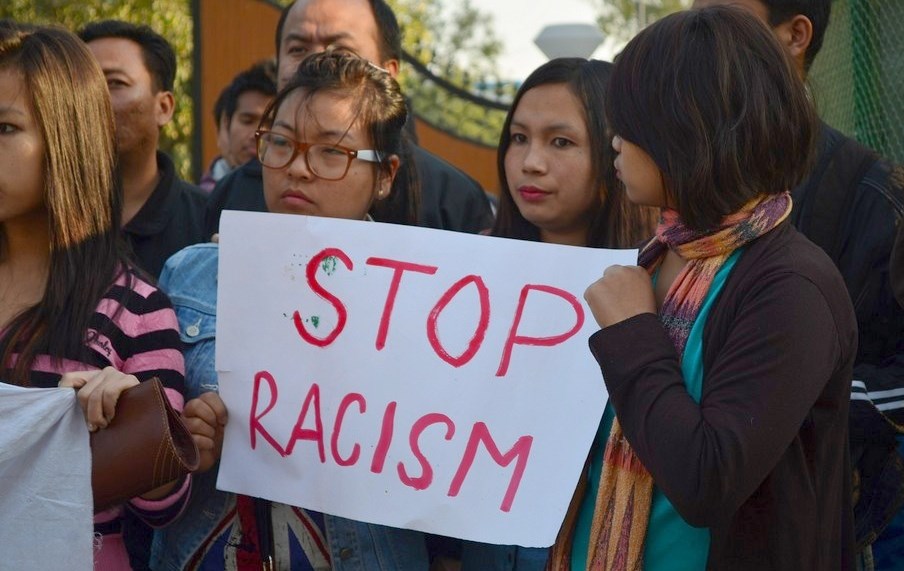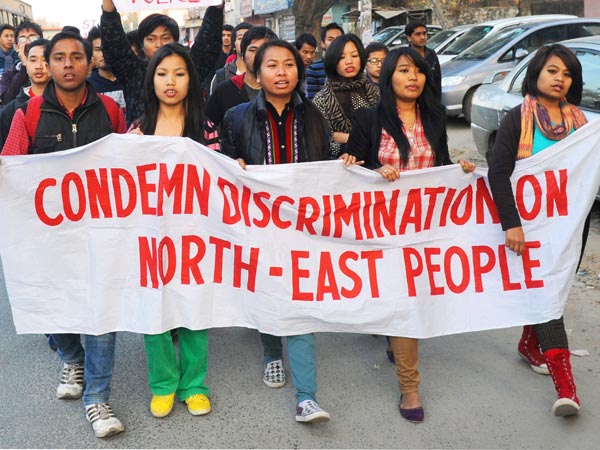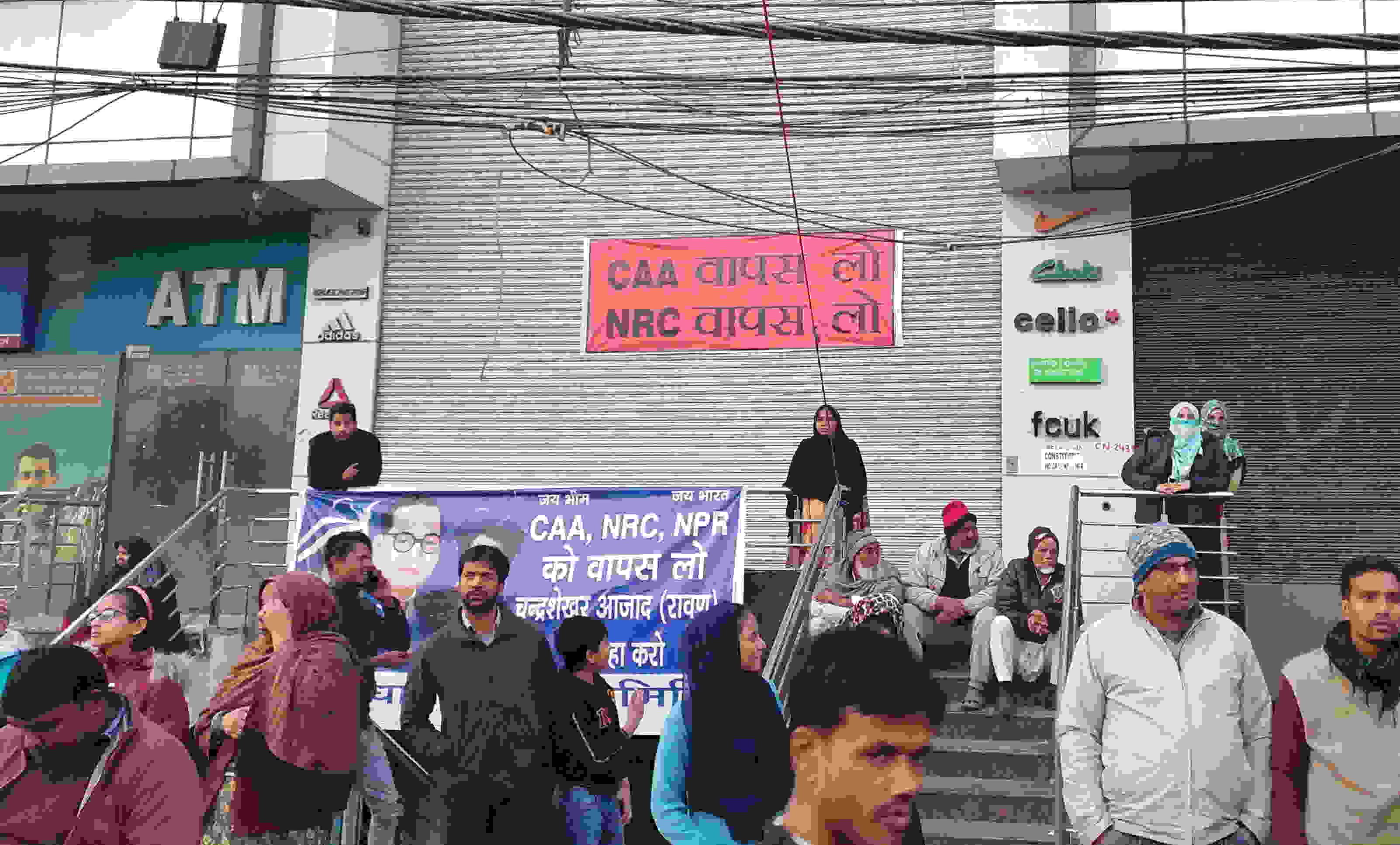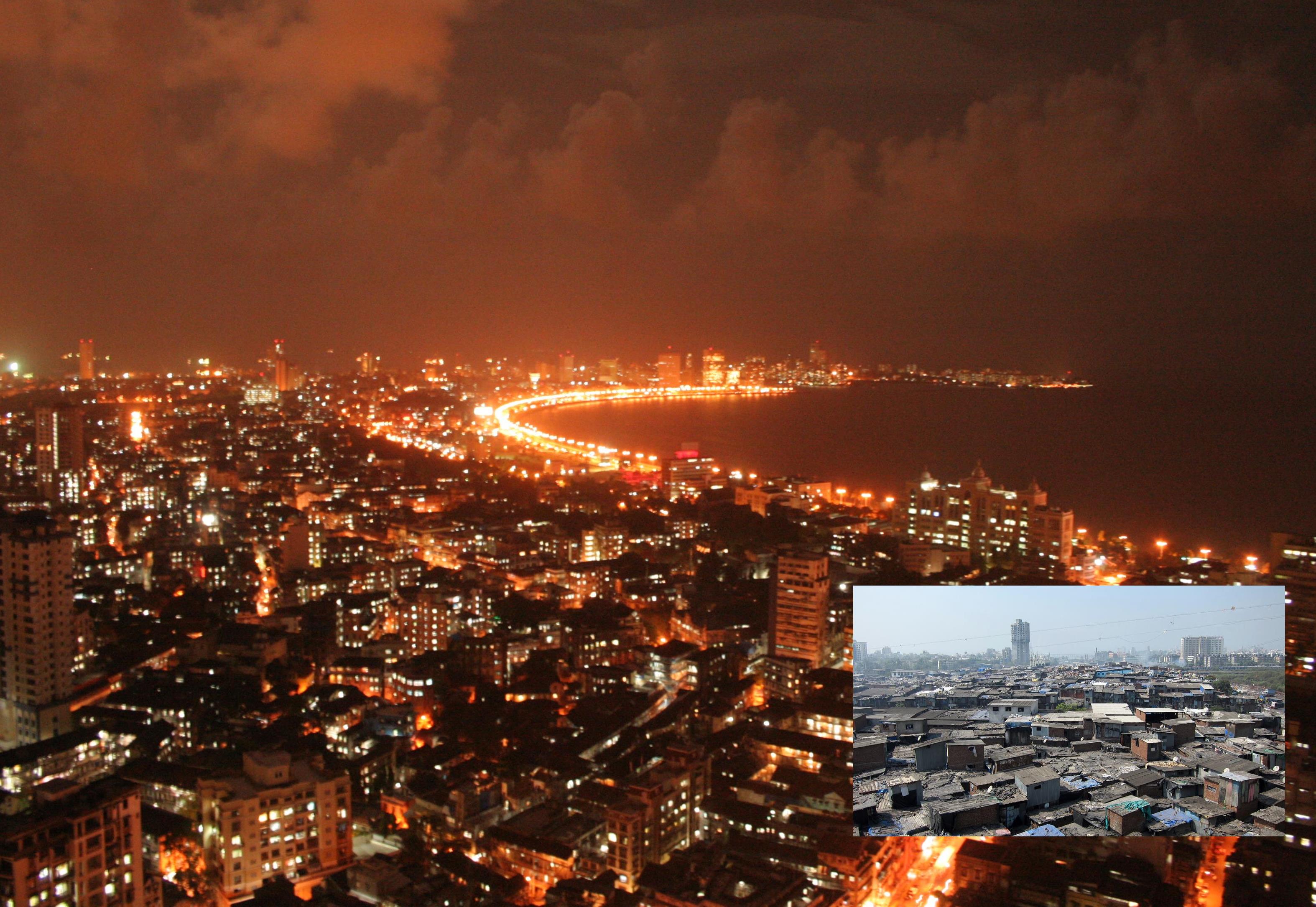The recent attacks on African students in India remind us why we still need to learn to look beyond skin colour and fight our xenophobic perspective.
Kabir / The New Leam
The recent incident where African Students were brutally beaten up in India encourages us to delve down into the roots of the problem and probe into its deeper cultural-psychic reasons. We are indeed obsessed with all things white. From fairness creams to matrimonial columns- our constant engagement with ‘fairness’ is evident in our choices, our preferences and even in our politics. Turn on any news channel and you are most likely to discover that the man or woman reporting is ‘fair’, the advertisements that appear in the break feature actors/models with a fair skin tone or worse selling products to achieve a fair skin tone.
It is ironic that the media with its liberating potential too seems to be enamored by this logic and recognizes as its face people with a certain skin tone (most often the fairer skin tone). What has one’s journalistic skill got to do with the colour of one’s skin, has anyone stopped to ask? Or let us move beyond the television screen and step into the world of pragmatics. We live in the age of neo-liberal economics, growth of market-capital and an enhanced exposure to the values of globalization and cosmopolitan world cultures. We are a fast growing economy; we have a trending young population and we are obsessed with all things modern be it smartphones, dating apps, online transactions or even food and sartorial preferences.
The paradox however lies in the fact that despite our neo-liberal market choices we are fixated in our medieval value systems that put on a high pedestal hierarchy, domination, unequal access to resources and most importantly the sadistic urge to capitalise upon the others point of vulnerability. Yes, this is reflected most categorically in the matrimonial columns and websites that appear all around us. Men, educated and doing high end jobs clearly have preferences for ‘beautiful and fair wives’ before anything else. From childhood young girls are socialized into believing that unless they take care of their beauty
( complexion being central) no man would prefer to get married to them, thus her looks are put on a higher pedestal than ever her intelligence, her creativity.
Today many women are coming out of this compulsive –oppressive mind-set and choosing their own life paths but at the most fundamental level this mind-set is yet to be challenged. Why are we as a civilization so obsessed with the colour of skin? Two hundred long and exploitative years of colonial exploitation and severe repression in the name of being an inferior/dark race have not fully taught us the lesson that humanity is beyond race and that it is what lies inside a man and not that which is outside that shall matter.
Who can forget the traumatizing experience of Mahatma Gandhi in South Africa when while he was travelling by train to Pretoria, Gandhiji first experienced racial discrimination. Despite the fact that he carried a first class ticket he was forcibly thrown out of the rain by the higher authorities on the insistence of a fair skinned man. He indeed was humiliated and hurt by this traumatizing experience but he chose not to leave the site but remain there and fight against this discrimination. In fact he continued his struggle for 21 years against the racial discrimination and apartheid in Africa.
Throughout world history apartheid and racialism have been fought against from time to time expressing the collective yet disputed desire to be respected, accepted and be treated as equals despite their skin colours.
In recent times attacks on some Africans clearly established how despite our political vigilance and claim to open-mindedness how discriminatory tendencies are so engrained in our cultural fabric! This must be traced down to the way that most of us may be socialized into believing that those who have a darker complexion compared to that of ours are weaker or impure. This is reflected in the extreme manifestations of hate that are practiced against those who are not like us in terms of their cultural practices and value systems. Perhaps this is why people from the North East or from other nations often face very turbulent reactions from local inhabitants who show extreme intolerance and even behavior entrenched in Xenophobia. It is ironic that despite experiencing the pain of colonial exploitation and racial subjugation as a Nation we continue to do the same with many of those who come in search of opportunities to India. It is alarming how this pain and humiliation instead of making us sensitive and empathetic has made us an extremely racial group. The attacks on the African students remind us loud and clear that we must get rid of our medieval mind-sets and begin to expand our ideas towards cosmopolitanism and more importantly towards values of humanism and social justice.













